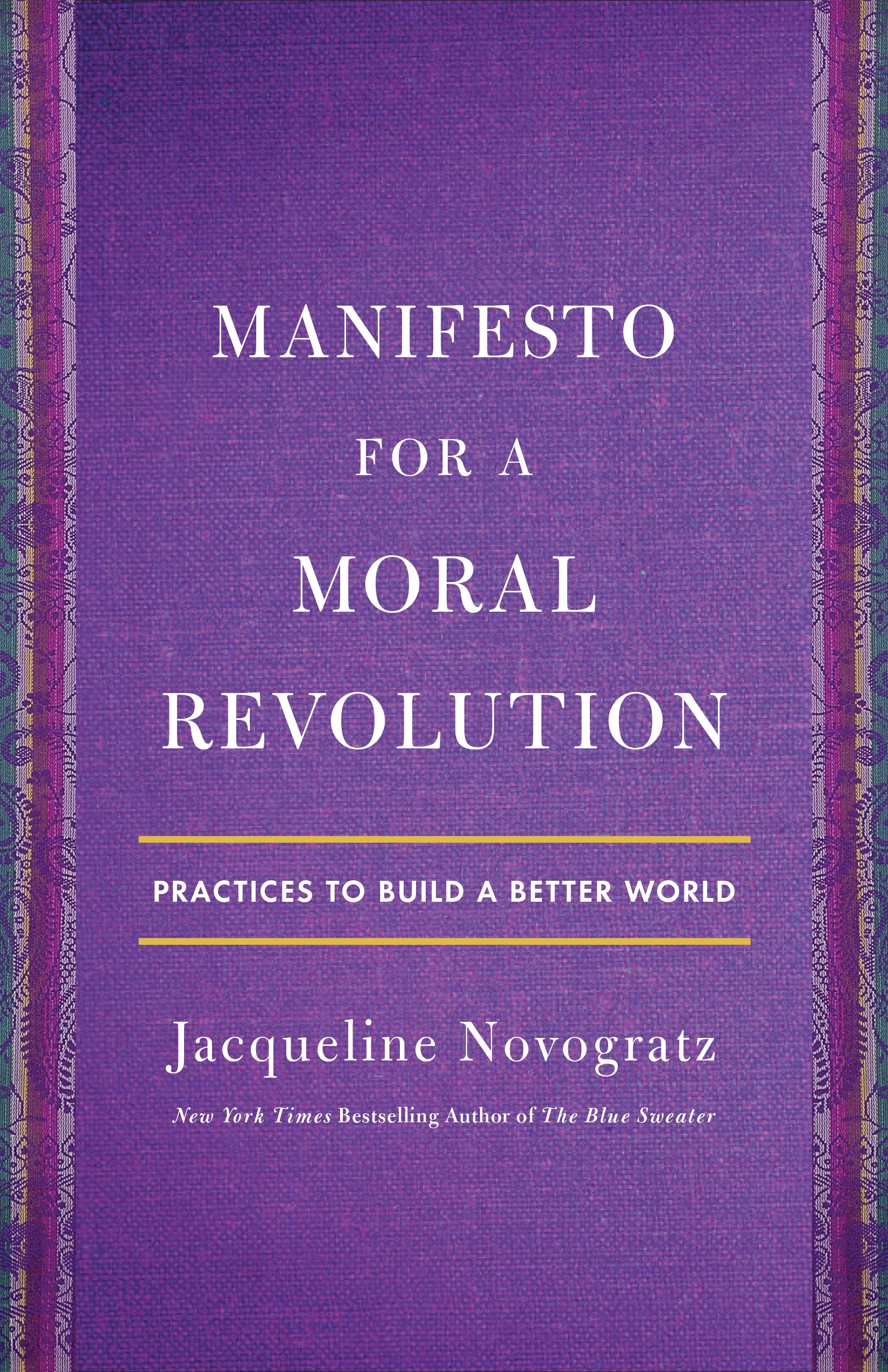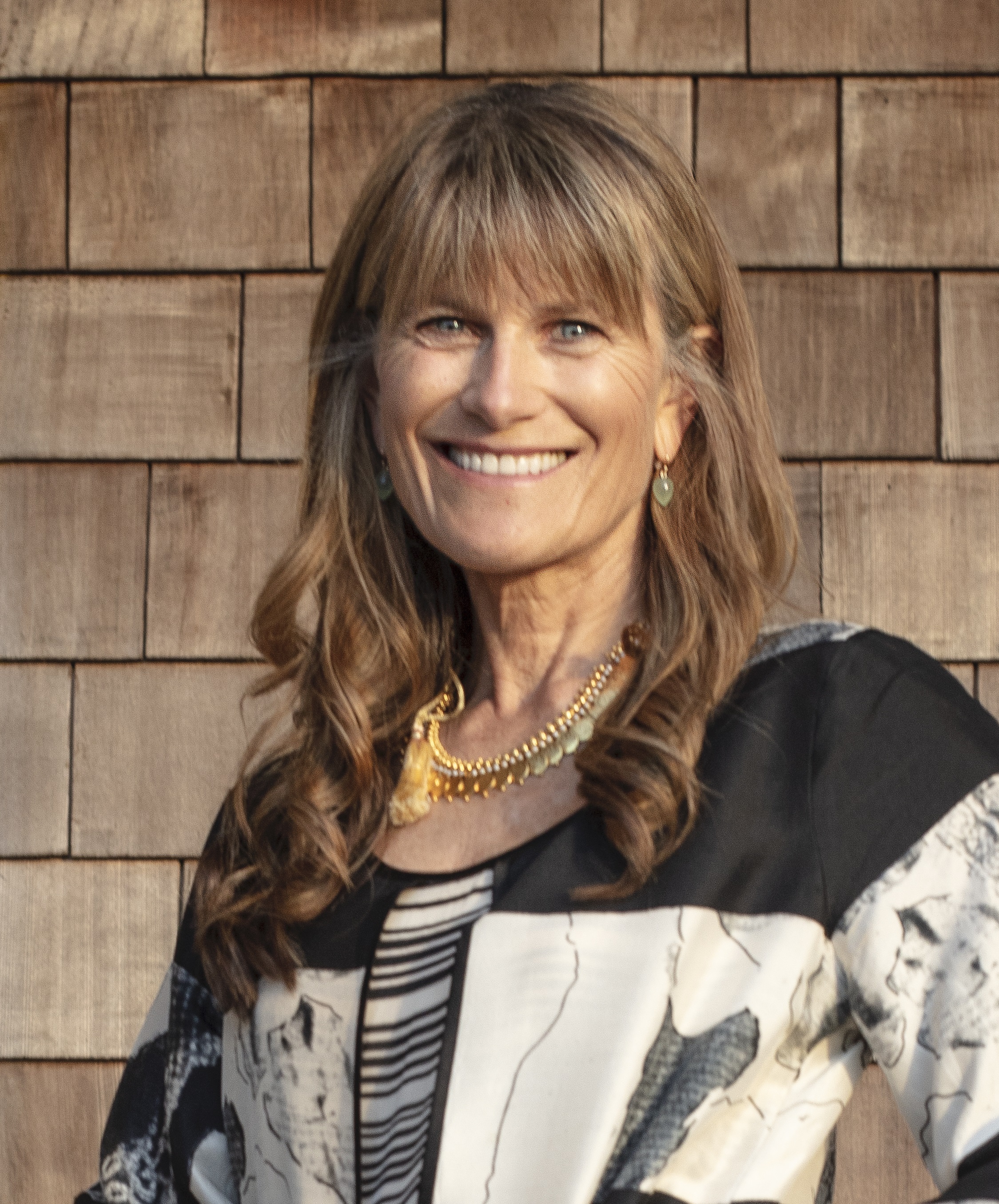Success doesn’t just wait for us on a distant horizon. Success is within all of us, waiting for us to live into it. It exists in the beauty we create, the goodwill we offer, the ideas we spread, the causes for which we stand, and the lives we help transform. It shows up in the health and well-being of our children, our communities; in the way we love the world and one another. Even if this particular venture fails, Ankit is already a very successful man, allowing curiosity and a desire to serve others to guide his life choices.
Of course, the notion of redefining success rubs against the status quo. Humans are status-seeking beings. We yearn to be accepted, respected, loved. Our current systems (economic, political, and social) reinforce a definition of “winning” based on money, power, and fame. Rather than being rewarded for what we give, we’re too often affirmed by what we take.
What if our Golden Rule were not only “Do unto others as you would have them do unto you” but also “Give more to the world than you take from it”? That would change everything. If enough of us pursued that path, the world of inequality, exploitation, and injustice would slowly be replaced by a world of inclusion, fairness, and dignity.
The point is this: We are the system. We decide how to define success, and we can reject purely individualistic terms. There is much to learn from cultural approaches that value sustainability over economic progress, or that build in practices to keep the community more equal. Shiroi Lily Shaiza, an Acumen fellow from Nagaland, a state in Northeast India, shared with me how her ancestors practiced “the feast of merit.”
“When a community member earned significant wealth, he would be required to host enormous feasts for the community,” she said. “The person would consider it the highest honor. He would be entitled to wear a special cloak and ornament his house to signify his high social standing. And the villagers revered that person as the pinnacle of success, especially those wealthy people who, by the end of their lives, had given everything away.”
Every generation has the opportunity to renew the values, systems, and structures that define their societies, and to jettison those that no longer serve. The most enduring systems are those grounded in fundamental values based on human flourishing. We can disagree on the specifics of what humans need to succeed, but if our starting point is an environmentally sustainable world that enables all its inhabitants to flourish, then we’ve got the foundation for a moral framework. Unequal systems persist, yet they can be reimagined and reformed when people muster enough awareness and collective determination to do something about them.
It goes without saying that systems do not change overnight. In the meantime, the world needs brave people to create models of companies, organizations, schools, religious institutions, hospitals, prisons, and governments designed for a world interdependent and environmentally at risk. The best will drive themselves relentlessly, exposing their hearts to the world, understanding that others’ resistance to change is part of the deal we make when we sign up to reject the status quo. Setbacks are inevitable, yet as most anyone who has ever tried to change anything will tell you, it is the difficult, not the easy, that underlies those accomplishments that ultimately imbue our souls with the kind of success that sustains.

Follow us here and subscribe here for all the latest news on how you can keep Thriving.
Stay up to date or catch-up on all our podcasts with Arianna Huffington here.


